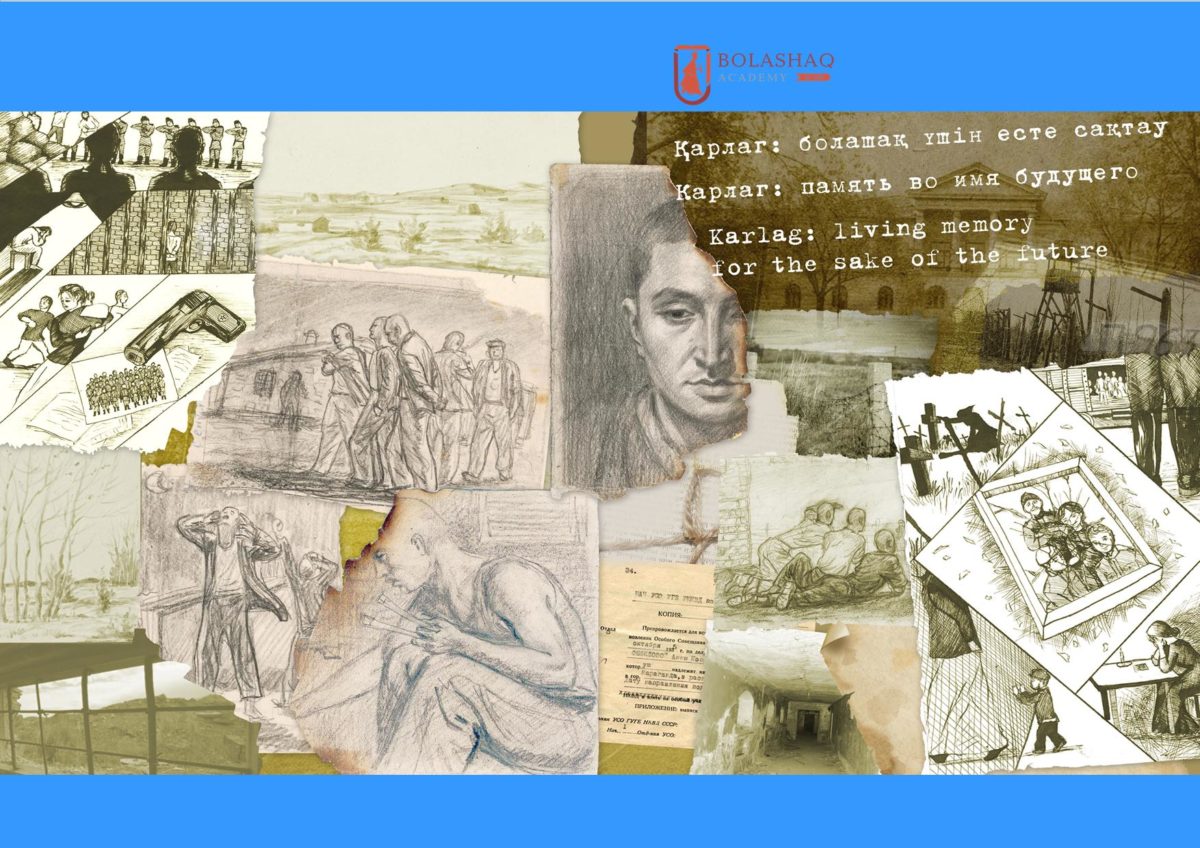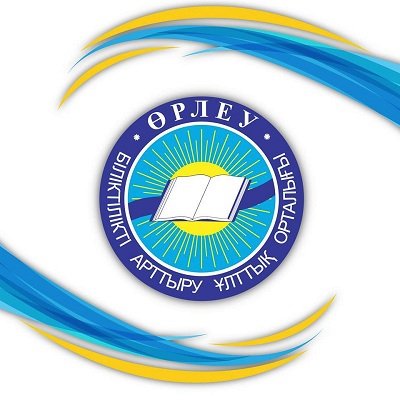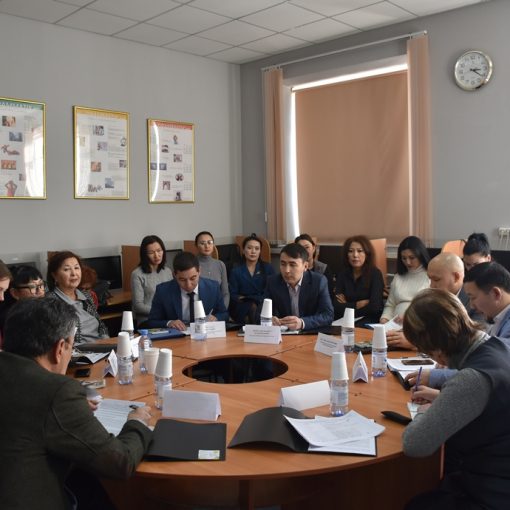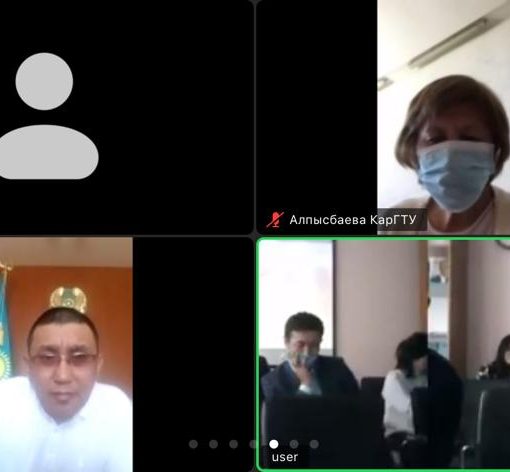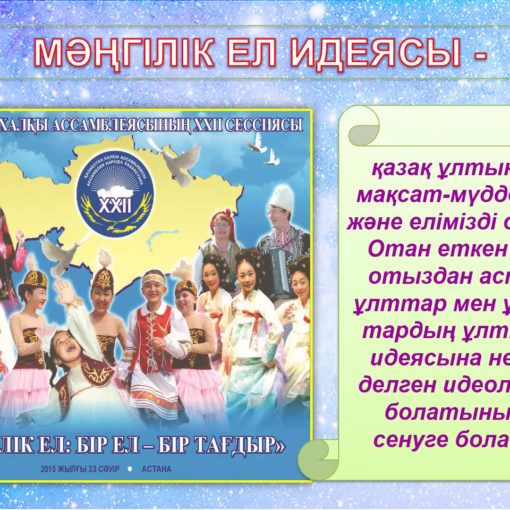The Academy “Bolashaq” has published the Collection of the Second International essay contest “Karlag: memory in the name of the future” / Compiled by: A.U. Aupenova, E.E. Serimov – Karaganda: RIO “Bolashak-Baspa”, 2021. – 236 pp.
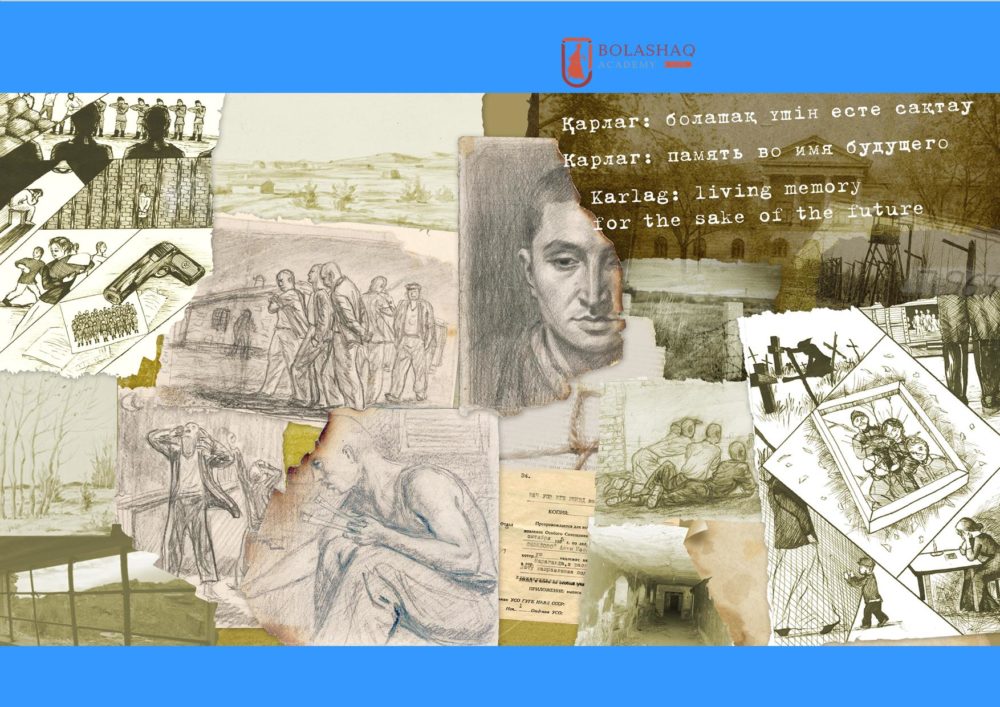
The collection compiled by the results of the Second International essay contest “Karpag: memory in the name of future” held at the Academy “Bolashaq” is an objective vision of modern youth of the tragic periods of the first half of the XX century, associated with repressive policies, through the prism of both the entire Kazakh society in general and the unknown sometimes life fate of the older generation of their families. It is also another source on the history of the Karaganda Penal Labor Camp.
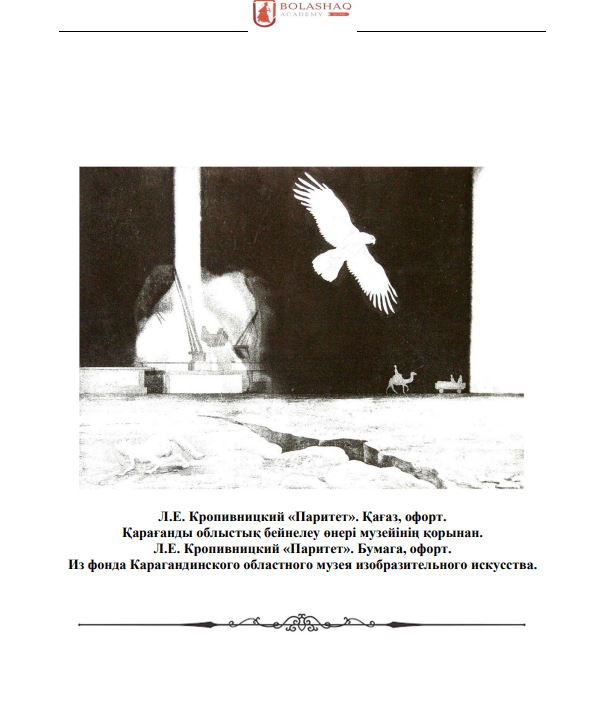
This collection brings together thematic research and creative essays: essays; stories; essays-interviews; essays-researches on family history based on documents of personal archives, testimonies; poems of students of general educational institutions, higher educational institutions – students and undergraduates, working youth.
Each of the presented works is characterized by piercing narration, evokes a sense of compassion, empathy and complicity in the fate described and provides life historical lessons that have been learned by the authors themselves.
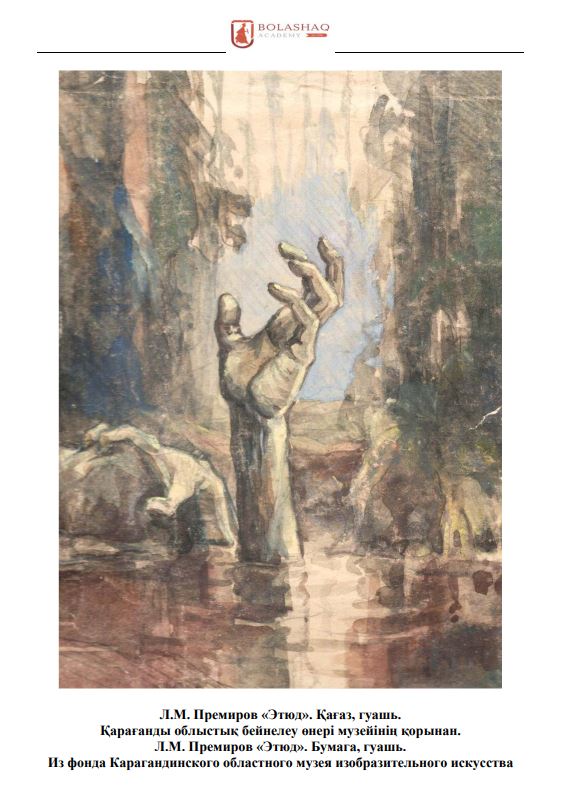
The collection of essays is of great interest for all those interested in the history of their native land, for teachers to hold local history hours and provides an opportunity to see the pictures of Karaganda repressed artists from the fund of the Karaganda Museum of Fine Arts, included in the publication.
The collection also contains materials about the activity carried out in the Republic of Kazakhstan on preserving the memory of victims of political repressions and famine, researches of scientists of “Bolashaq” Academy on the project “Karaganda: Memory for the sake of the future”.
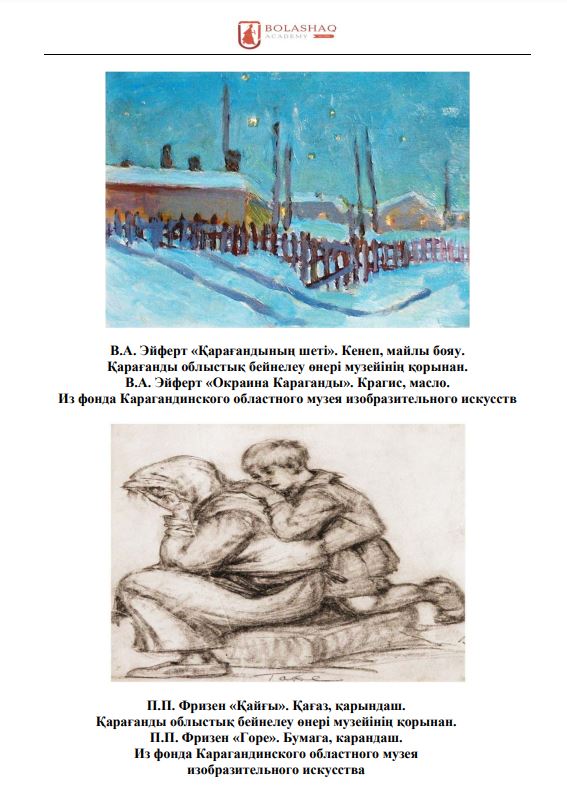
Participation in activities of this kind encourages the younger generation to learn the history of their own land, encourages them to get to know their families, and revives the dialogue between the older, middle and younger generations of the family.
The collection is available in the library collection of the Bolashaq Academy.
“Rukhaniyat” center

